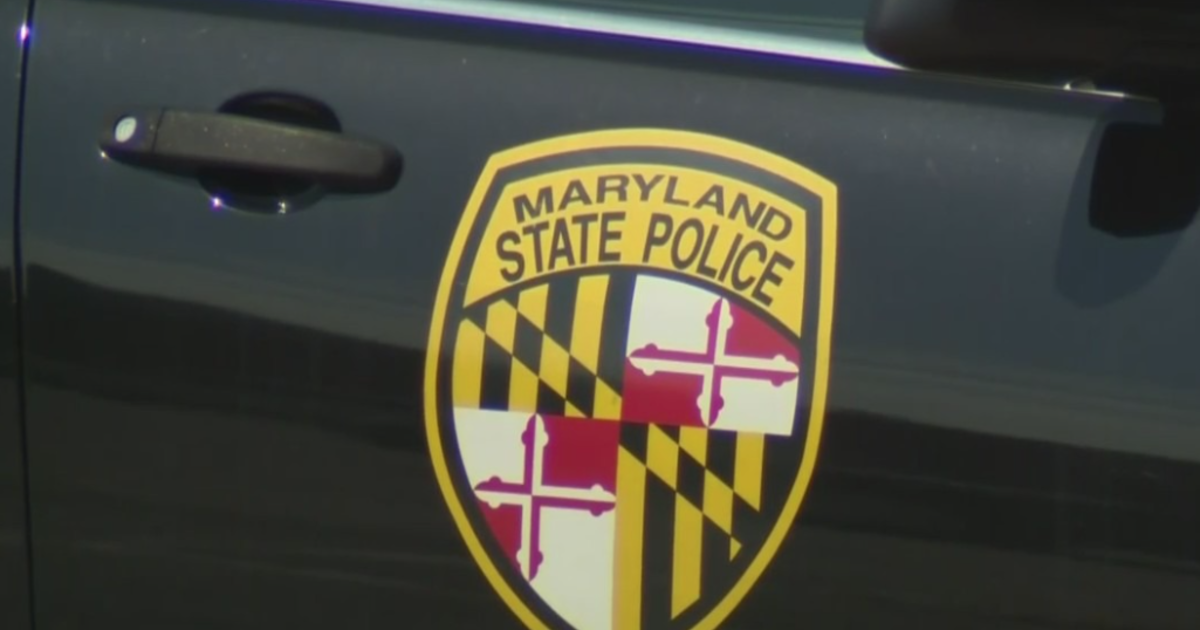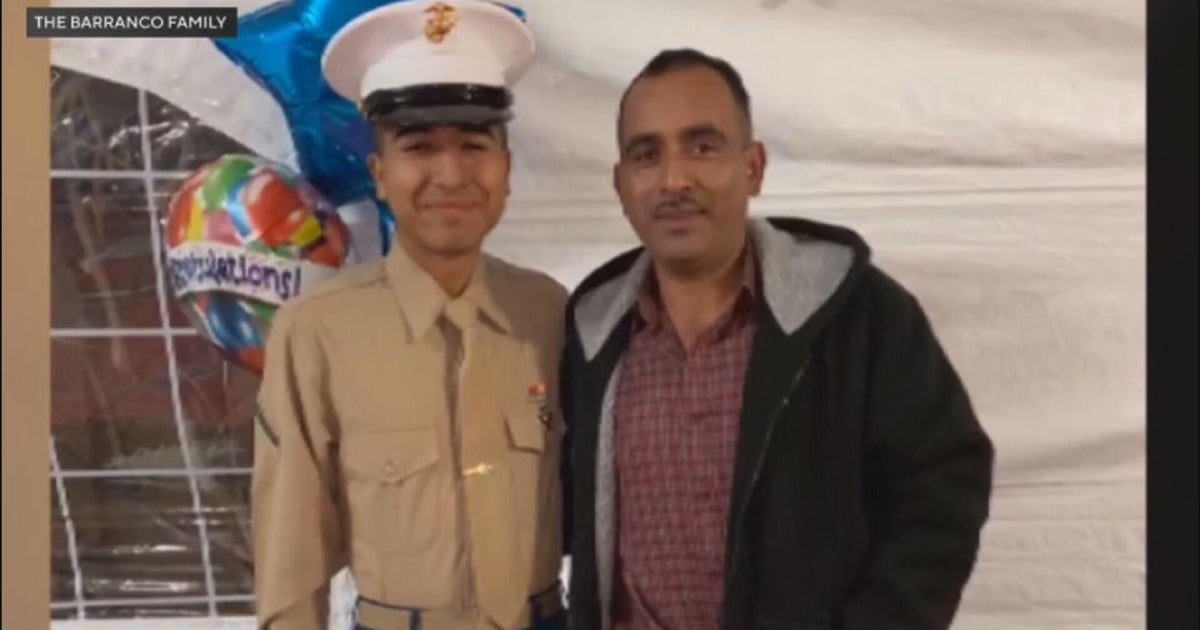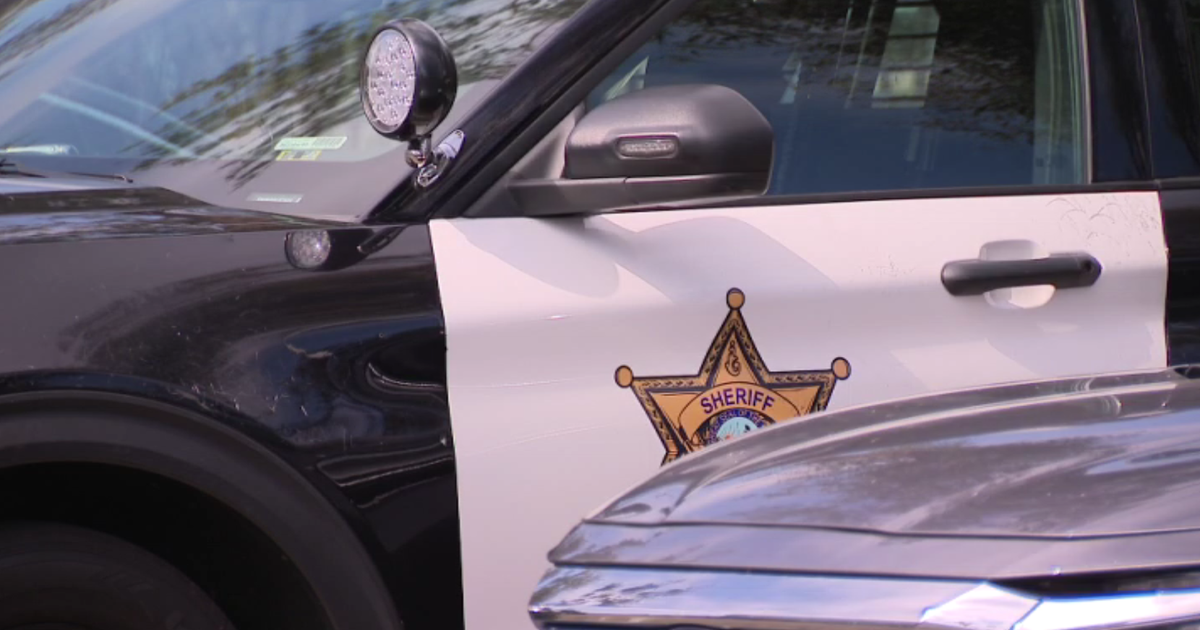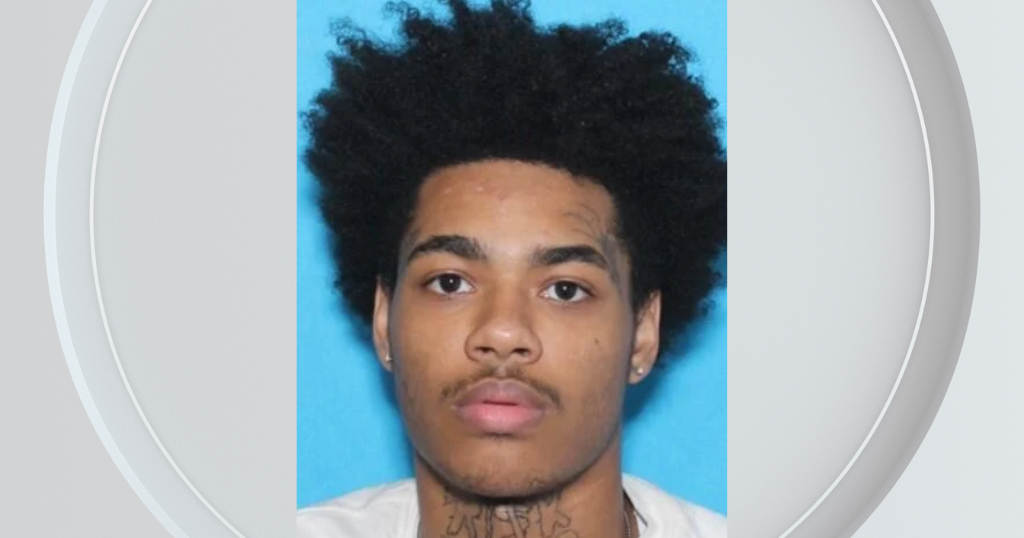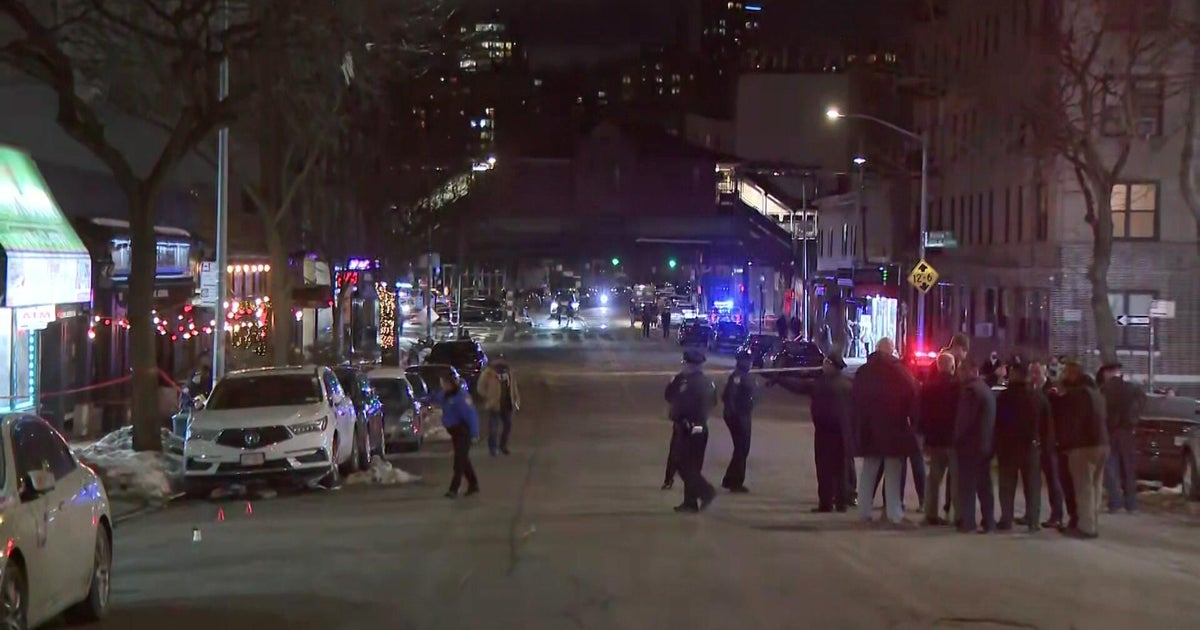Mental State An Issue In Army WikiLeaks Case
HAGERSTOWN, Md. (AP) -- A psychologist reported worrisome signs of Pfc. Bradley Manning's fragile mental and emotional state five months before he was detained on suspicion of giving classified information to WikiLeaks, according to a court document.
At least two other mental health workers who treated or examined the intelligence analyst as early as December 2009 told his supervisors of similar concerns, but none recommended restricting his access to classified material, according to the document submitted by Manning's defense team. Manning was arrested May 29 in Baghdad.
The three mental health workers are among 48 witnesses attorney David Coombs hopes to call at a hearing next week to determine whether Manning, 23, will be court-martialed. He faces 22 charges, including aiding the enemy, and is accused of passing hundreds of thousands of war logs and diplomatic cables, plus secret combat video, to WikiLeaks from November 2009 to May 2010.
The so-called Article 32 hearing is scheduled for Dec. 16 to Dec. 23 at Fort Meade, a large military installation between Washington and Baltimore.
Manning is accused of telling a confidant-turned-government-informant that he copied the material from his work computer onto compact discs because "I want people to see the truth."
The officer presiding over Manning's hearing will make a recommendation to the commander of the Military District of Washington on whether to subpoena the prospective witnesses. Others on the list include President Barack Obama and Secretary of State Hillary Clinton, but military justice experts said they almost certainly won't testify.
The government didn't immediately respond to a request for comment.
Fifteen of the prospective witnesses would testify about Manning's mental or emotional problems, according to the defense document. Several others would give evidence about his shortcomings as a soldier, his private revelation that he is gay and the bullying treatment he endured from other soldiers, Coombs wrote.
Coombs wants to call Obama to testify about remarks the president reportedly made April 21 when asked by a Manning supporter about the case. "He broke the law," Obama said during the exchange, which was captured on cell phone video.
Coombs wrote that he wants to question Obama to explore the issue of "unlawful command influence," that is, that the commander in chief's remarks poisoned the military jury pool.
Michael Navarre, a Washington attorney who spent five years in the Navy Judge Advocate General's Corps, said questioning Obama could create more issues. He said a more likely remedy would be for prospective jurors to be screened for indications they were influenced by Obama's words.
Coombs wrote that Clinton would testify that the leaks were embarrassing to the administration but didn't' significantly damage foreign policy.
Eugene R. Fidell, a former Coast Guard judge advocate who teaches at Yale, said others could be called to testify about the effect on foreign policy.
"I don't remember a case in which a cabinet official would be called to testify," he said.
(Copyright 2011 by The Associated Press. All Rights Reserved.)
